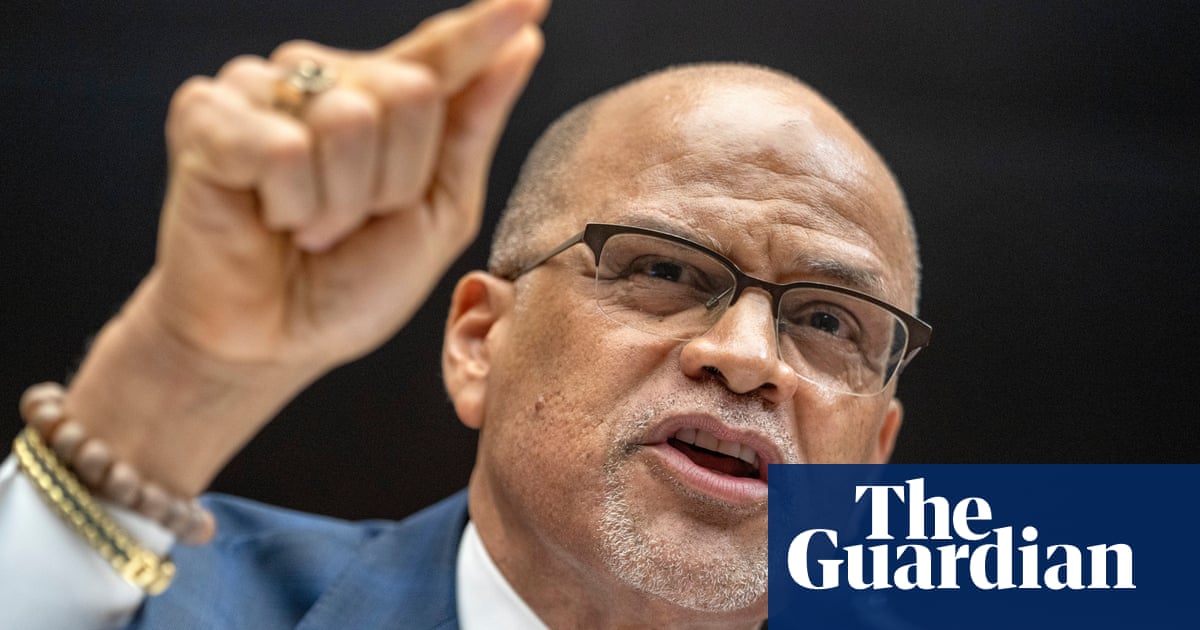US public school officials push back in congressional hearing on antisemitism

🌈 Abstract
The article discusses a congressional hearing where top school districts in the US were questioned about their handling of a surge in antisemitism in their schools. The hearing focused on three predominantly liberal school districts with sizable Jewish populations - New York City, Montgomery County in Maryland, and Berkeley in California. The districts were accused of failing to adequately address incidents of antisemitism, such as students chanting "kill the Jews" and performing Nazi salutes. The school district leaders defended their actions, stating that they do not tolerate antisemitism and have taken steps to combat it, though they gave divergent answers on whether teachers had been fired for antisemitic actions.
🙋 Q&A
[01] The Congressional Hearing
1. What was the purpose of the congressional hearing?
- The hearing was presented as an investigation into how the authorities were safeguarding Jewish staff and students in an atmosphere of rising bigotry against the backdrop of Israel's war in Gaza.
2. What were some of the specific incidents of antisemitism cited at the hearing?
- Students marching through corridors chanting "kill the Jews"
- A pupil caught on a security camera imitating Hitler and performing the Nazi salute
- Jewish children being told to pick up pennies
3. How did the school district leaders respond to the allegations?
- The three districts insisted they did not tolerate antisemitism in their schools and had taken educational and disciplinary steps to combat it following the October 7th attack.
- However, the districts gave divergent answers on whether teachers had been fired for actions deemed antisemitic.
4. What was the exchange between the Republican representative and the New York City school chancellor like?
- The exchange was testy, with the Republican representative accusing the school leaders of paying "lip service" and the chancellor challenging the committee, saying the hearing felt like an "ultimate 'gotcha' moment" rather than an attempt to solve the problem.
[02] The Broader Context
1. How did the hearing compare to previous hearings that featured university presidents?
- The hearing was presented as similar to previous high-profile interrogations of elite university chiefs by the House education and workforce subcommittee.
2. What was the Democratic representative's criticism of the Republican stance on antisemitism?
- The Democratic representative accused Republicans of being selective in their stance against antisemitism, citing the 2017 white supremacist rally in Charlottesville where participants chanted "Jews will not replace us" and the former president's comments describing the rally participants as including "very fine people".
3. How did the Democratic representative challenge her Republican colleagues to condemn the former president's actions?
- The Democratic representative offered her Republican colleagues the opportunity to condemn the former president's comments about the Charlottesville rally and his hosting of the vile antisemite Nick Fuentes at Mar-a-Lago, but no one spoke up in response.